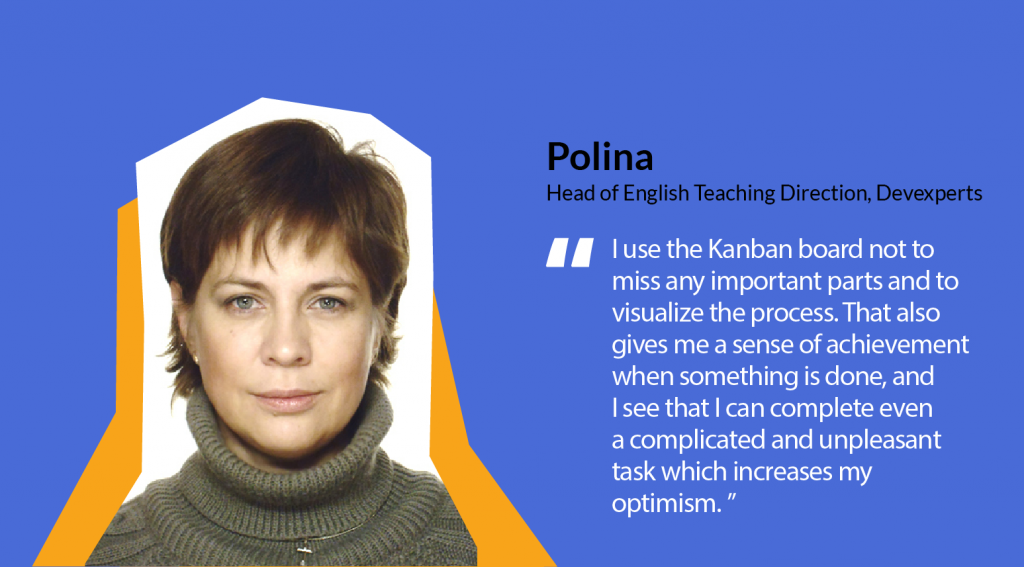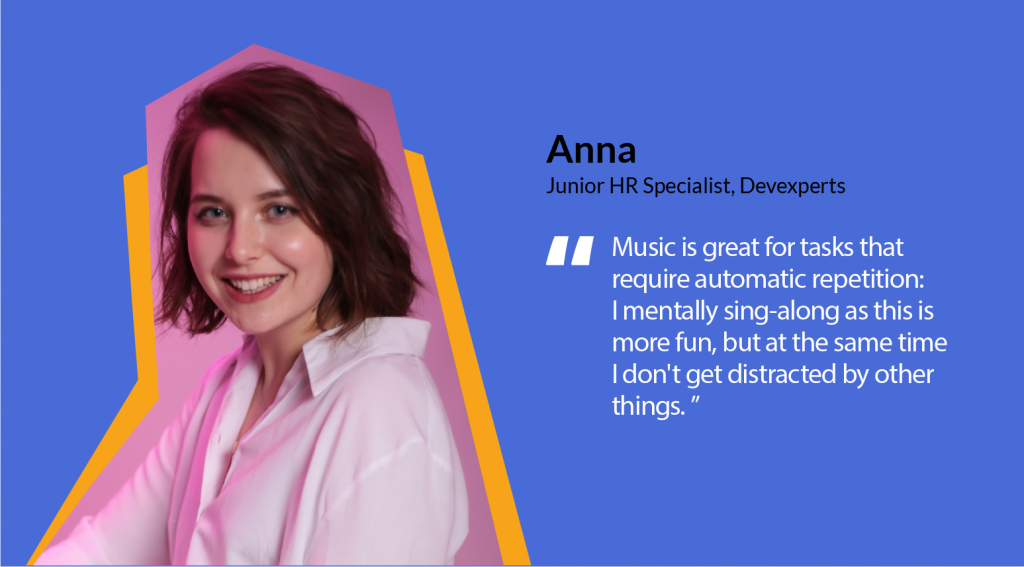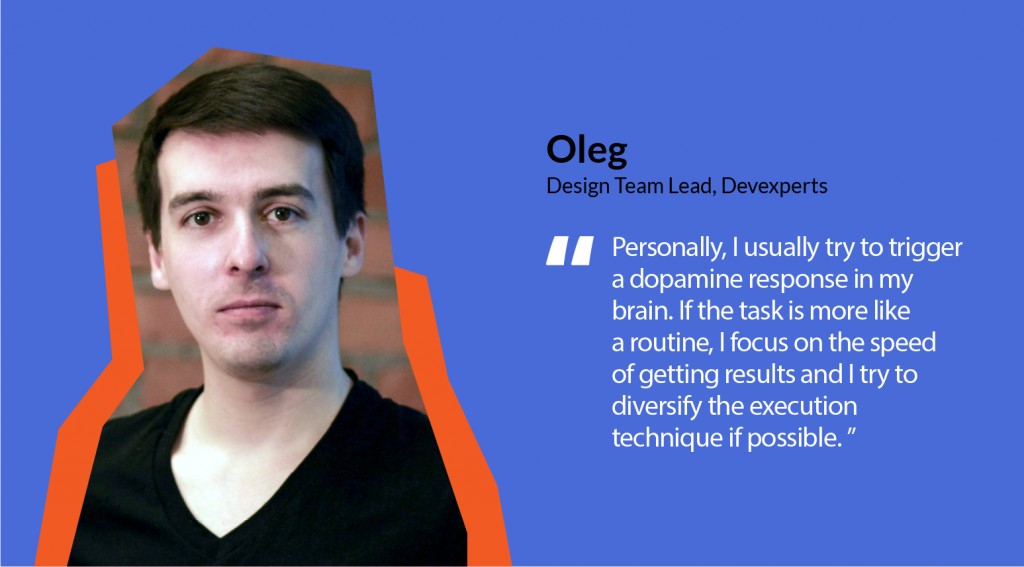Scientifically Proven Ways to Beat Procrastination
We’ve all been there – putting things off into the future and making up abundant excuses, only to end up scrambling for last-minute results. What are some scientifically proven ways to beat procrastination, and to help boost productivity and success in the long-run?
Be Specific
One of the most important aspects of beating procrastination is having good focus. But, how can we focus on one thing when we have a thousand things on our plates? Studies show that workers with large to-do lists feel overwhelmed and unorganized. So instead of focusing on 20 things at once, break it down into smaller tasks. Choose tasks one by one and follow through with each until it’s done, without focusing on all the other things on your to-do.
“To beat procrastination I try to do a few things. Firstly, I try to start my working day with the most unpleasant task and dedicate at least a little time to it, and do it every day. Secondly, I use the Kanban board not to miss any important parts and to visualize the process. That also gives me a sense of achievement when something is done, and I see that I can complete even a complicated and unpleasant task which increases my optimism regarding such tasks. Also, I try never to skip sports, when I go to the swimming pool I have the energy to carry on.
Mostly I procrastinate when I don’t feel well or don’t have enough energy (bad sleep, no fresh air or gym) or when the task involves activities I hate the most (e.g. communication with somebody not so nice, filling in forms, red tape). When the project is very big, it is always difficult to get down to it, but I keep reminding myself how I can eat an elephant… Piece by piece…” – Polina, Head of English Teaching Direction at Devexperts

Start Right Away
The whole point of beating procrastination is not postponing a task for tomorrow or even for an hour from now. Decide what needs to be done and start right away. If the task feels too difficult or you genuinely don’t know where to begin, follow the 5-minute miracle tactic described below.
The 5 Minute Miracle
The 5 Minute Miracle is fairly easy. Simply ask yourself, “What action can I take in less than five minutes right now that will help me achieve my task even in the slightest?” Once you establish what that task is, set a timer for 5 minutes and do your best to achieve it. Starting the task is usually the hardest part. In fact, the Zeigarnik Effect states that unfinished tasks are likely to get stuck in your mind, proving that once you start a task, you’re highly likely to finish it. So, the next time you’re stuck, remember that only 5 minutes of your day can make all the difference.
“I find I procrastinate most often with hard-to-starter tasks. Usually, they are big or very complex. Procrastination prompts me here that I have no proper plan and I need to think more on reachability (e.g., to estimate it better or to think about the schedule and the actionable order.)” – Oleg, Design Team Lead at Devexperts
Do a Power Hour
You’ve heard of the natural rhythm our bodies have in regards to our 24-hour biological clock. This phenomenon is better known as the Human Circadian Rhythms. But, did you know that researchers have found that these natural rhythms result in our minds going through natural cycles of increased and decreased focus? Train your brain for optimal productivity by setting aside an hour of your day with absolutely no distractions. Put your phone on silent, disconnect from social media, and isolate yourself to entirely focus on the task at hand. Once you’re done with the power hour, make sure to take a break and relax. This will aid you in creating more defined peaks and lows in your focus, which you can maximize for optimal productivity.
“What works best for me when I am attacked by procrastination is to make a to-do list and assign time slots for each task. Say, I need to complete a requirement for a feature – I dedicate 1 hour for this, turning off my phone, putting in the other room just in case, or in my backpack if I am in the office.” – Yuliya, Business Analyst at Devexperts

Have a Music Boost
Ever noticed how you push yourself harder at the gym or during a run when an awesome song comes on? It would yield a similar result if that same song was played during a daunting task. But, why is that? Research has shown that music can work wonders. It has the power to raise morale, improve focus, and just generally make you feel happier. So, put on your headphones, play that upbeat (or relaxing) song and push through the task.
“What really helps me is using a motivating set on YouTube. It is not something special, but I relate it to a running competition, when I cried for half an hour thinking I cannot move even a meter more and than, listening to this set of tracks, I ran 20 more kilometers, so in this case, it’s just an association with overcoming a difficult situation and for me, it works.” – Yuliya, Business Analyst at Devexperts
“It’s hard for me to force myself to do routine tasks according to a specific scheme, as well as tasks with many unknowns. Two things help me to concentrate: I make myself a tea and/or I play some popular music with silly lyrics. Tea to productivity is like eating popcorn while watching a movie – it’s somehow wrong to just drink tea and do nothing. Music is great for tasks that require automatic repetition: I mentally sing-along as this is more fun, but at the same time I don’t get distracted by other things.” – Anna, Junior HR Specialist at Devexperts

Make a Bet
Find a friend that can hold you accountable. Make a bet that you’ll be able to finish a specific task by a set date. If you don’t, then you have to take them out to lunch. Chances are that you’ll have finished the task by then, as humans are competitive in nature. We don’t like to lose.
Find the WHY
“The core aspect of procrastination is that it is always related to the “hidden” lack of motivation. It hits harder if your brain forces you to do something but your body (the intuitive part) does not want to do it. This de-sync happens when you actually know that you don’t need to do something, but you continuously mislead yourself and try to force yourself to do it.
So, in general, the best way to beat procrastination is to not beat it literally. Any direct force will fail and depress you much more in the long run. The best algorithm would be the following.
- Stop doing what you’re doing.
- Ask yourself what you’re doing and why exactly you are having a negative response. You need to discover what the “negative” parts of the task are.
- Find the interesting aspects of the task and try to imagine in what way it can actually motivate you (what reasons do you have for doing it, what’s a flow that can make it more interesting?)
- Make a decision. Provided that the task is not actually motivating and has too low value for the beneficiary, it can actually be postponed. But your procrastination may disappear when you realize that the task has a real value for you or it can be done in a more interesting way.
“Personally, I usually try to trigger a dopamine response in my brain. If the task is more like a routine, I focus on the speed of getting results and I try to diversify the execution technique if possible. If the task is creative and huge I would rather decompose it to something more achievable in the short term and also imagine myself having done everything and gaining all the applause.” – Oleg, Design Team Lead at Devexperts

Reward Yourself
We’ve all heard of the effects of positive reinforcement. The human brain responds to reward stimulus as research has shown time and time again, so why not utilize this in order to create positive habits? As silly as it sounds, give yourself a reward once you’ve completed a task, no matter how minimal.